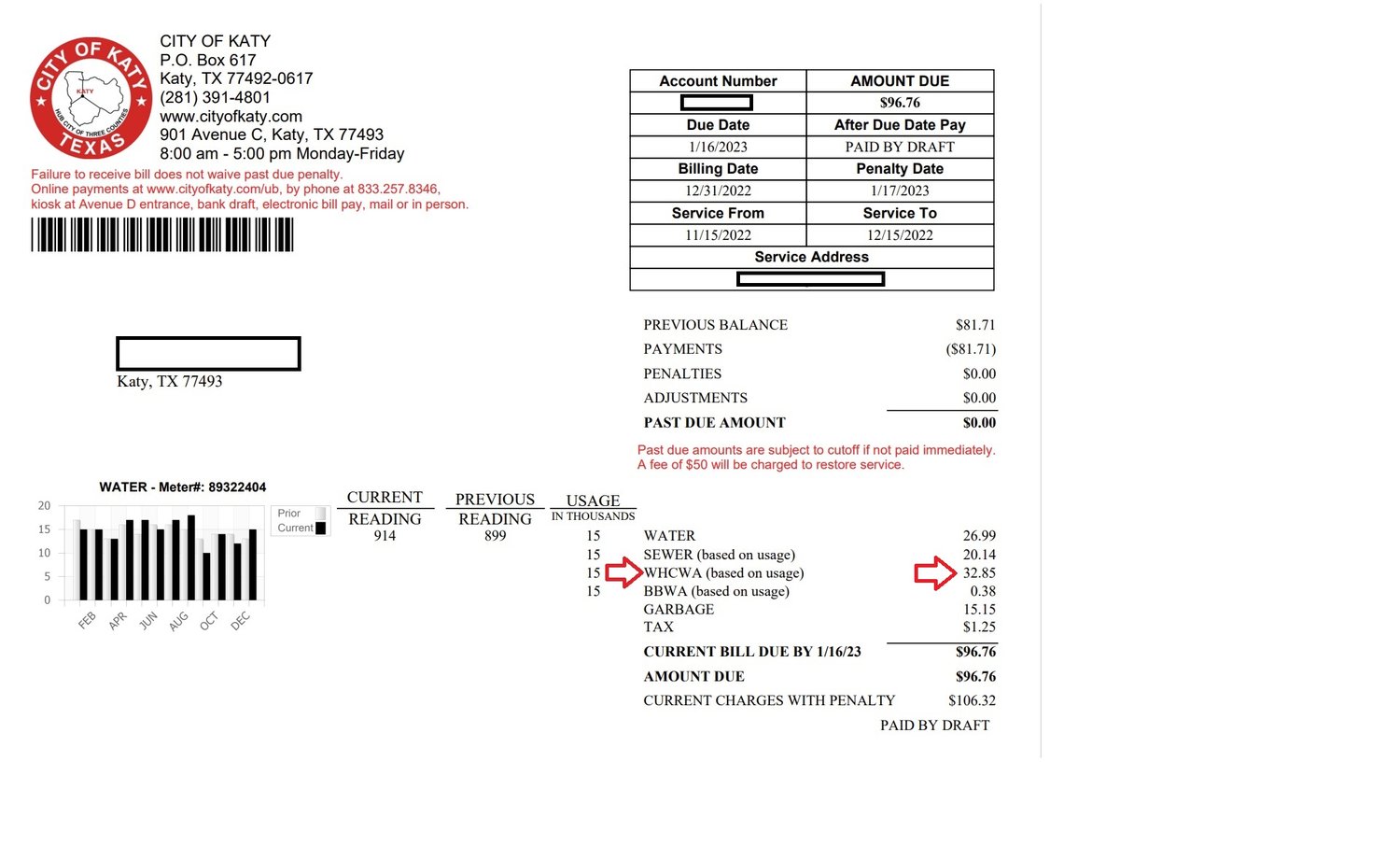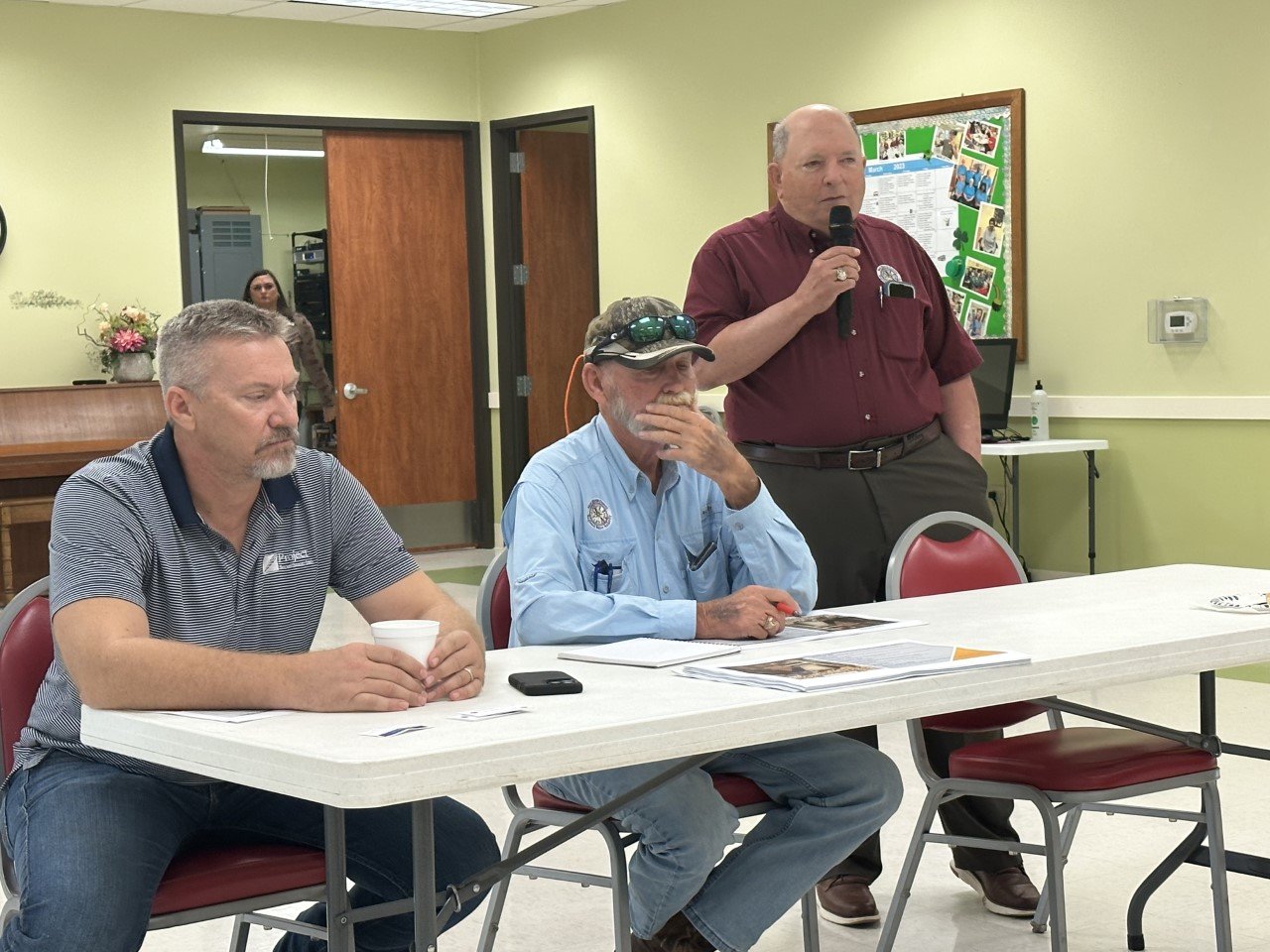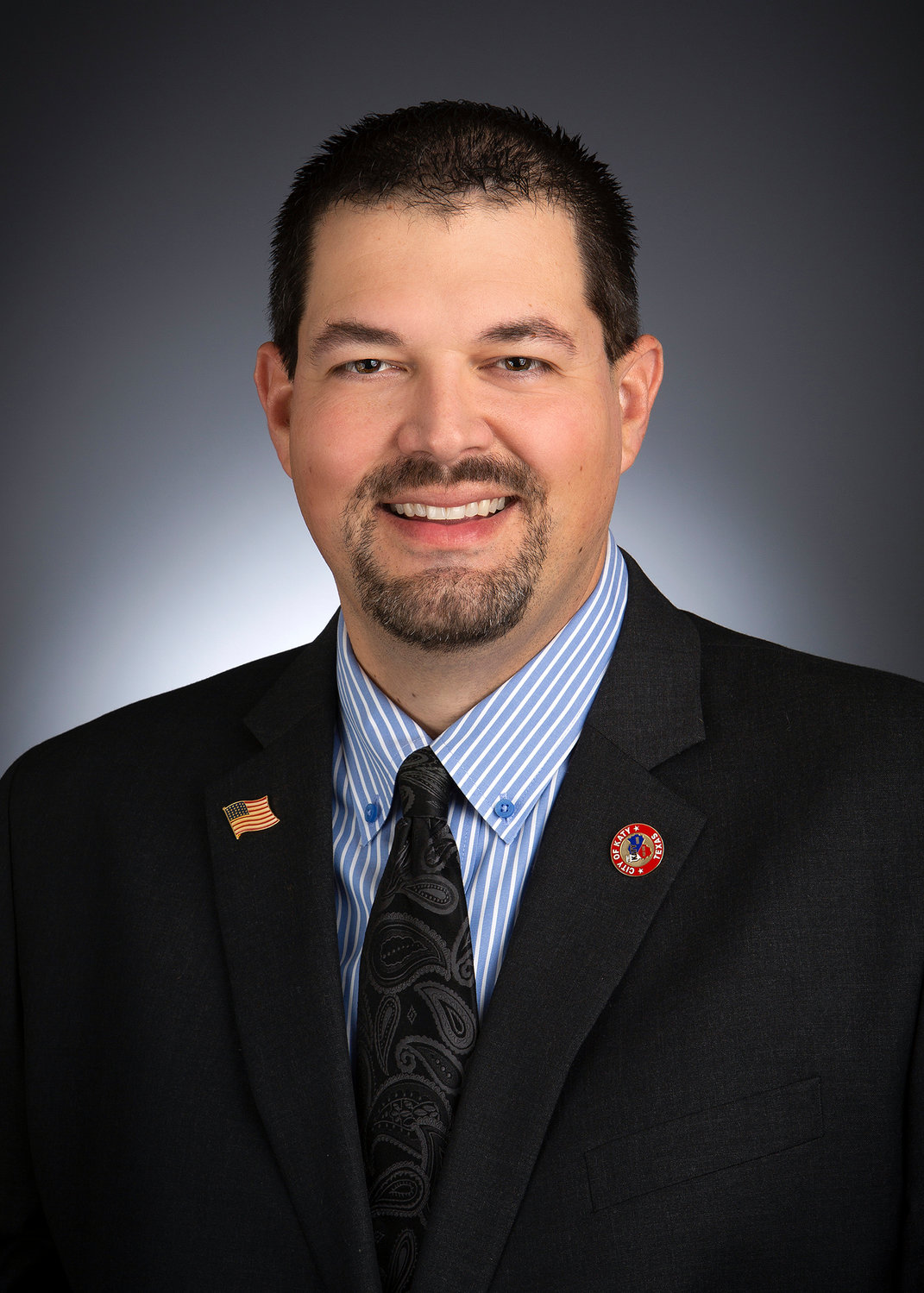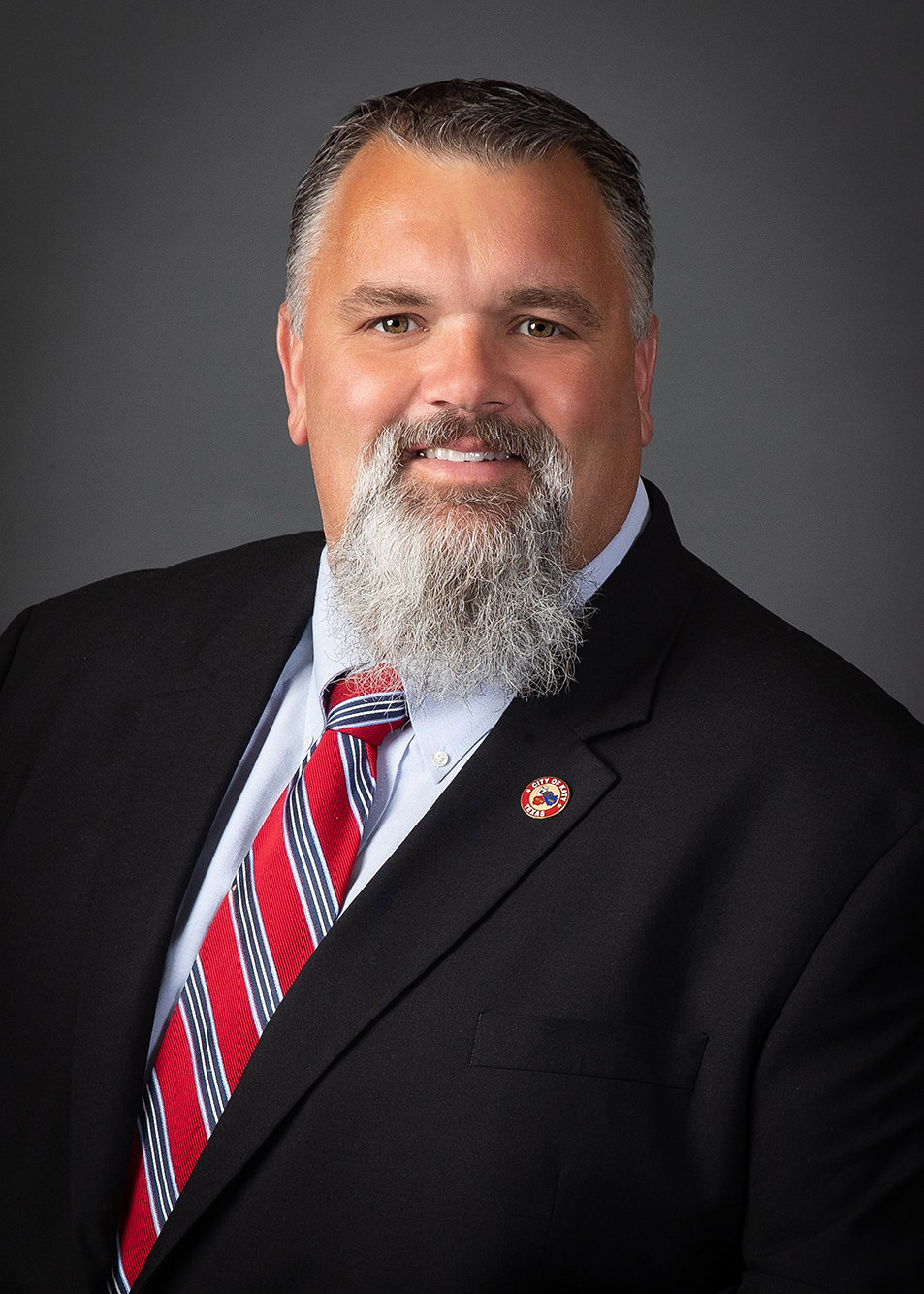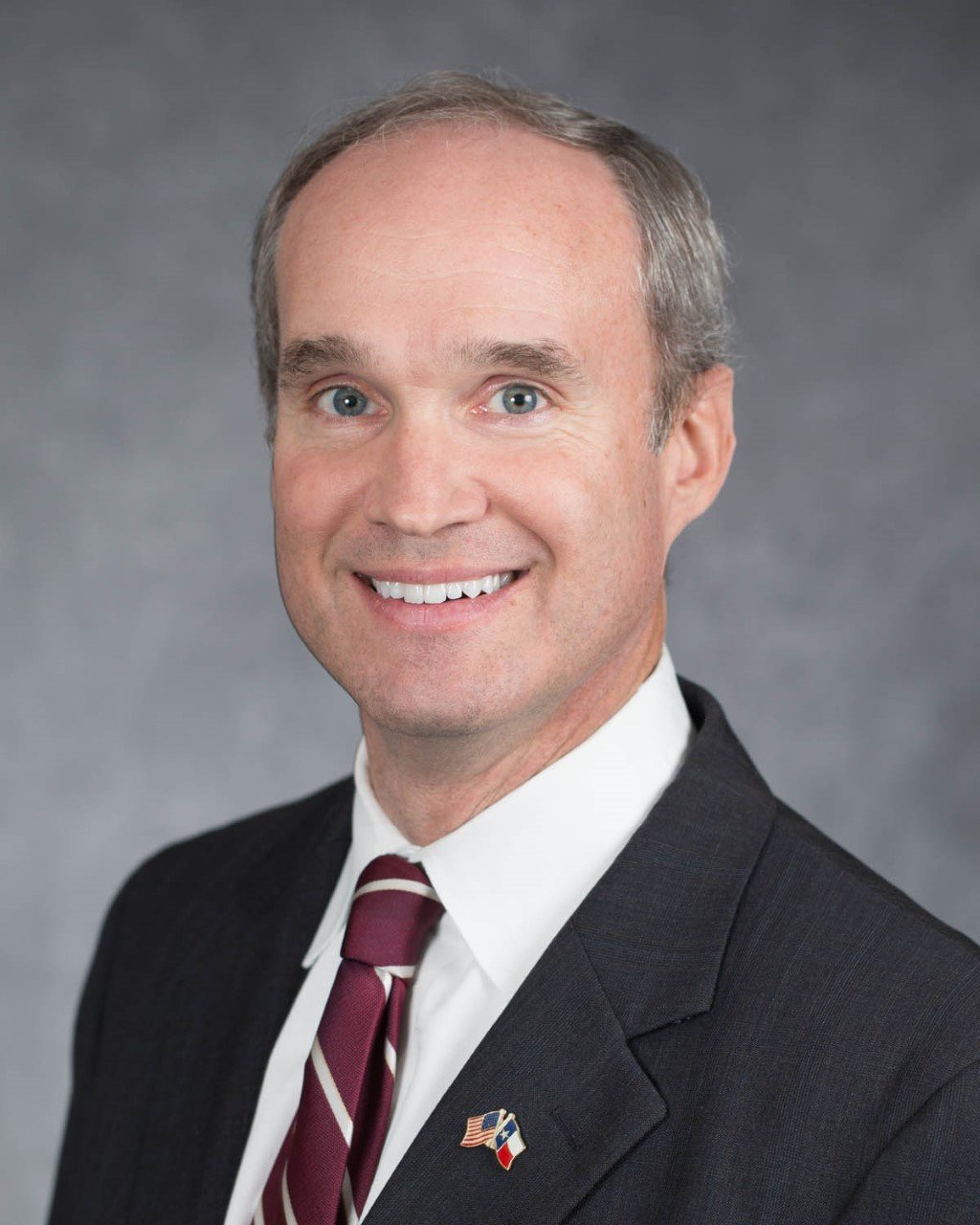City, state officials working to reduce regional water authority fees
At its Jan. 10 meeting at City Hall, the Katy City Council voted to increase the groundwater reduction fees charged by the West Harris County Regional Water Authority to $2.19 per 1,000 gallons of water, effective Jan. 15. The vote was unanimous but there was no joy at the council table that night.
This item is available in full to subscribers.
Attention subscribers
To continue reading, you will need to either log in to your subscriber account, below, or purchase a new subscription.
Please log in to continue |
City, state officials working to reduce regional water authority fees
At its Jan. 10 meeting at City Hall, the Katy City Council voted to increase the groundwater reduction fees charged by the West Harris County Regional Water Authority to $2.19 per 1,000 gallons of water, effective Jan. 15. The vote was unanimous but there was no joy at the council table that night.
At issue, as council members see it, is that city residents are paying for water they are not receiving.
“I’ve always had people asked me what that county charge is on the water bill,” Council Member-at-Large and Mayor Pro Tem Chris Harris said. “Within the last year, we’ve had people who are real upset because sometimes that added fee is higher than their actual water bill. Last summer, when we had the drought, it really came to mind, what we are paying for with that fee because we’re not receiving surface water.”
The authority, formed by the Texas Legislature in 2001, is tasked with bringing surface water from Lake Houston to the Katy city water system, West Harris County and a small portion of North Fort Bend County. A pipe system, now under construction, would provide the surface water.
By providing surface water, the area would be less reliant on groundwater. In this way, the area is less prone to subsidence, where the ground sinks and is therefore more vulnerable to flooding.
A nine-director board supervises the authority, which comprises the city and area municipal utility districts, called MUDs.
The city joined the authority when it was formed and a small monthly charge began appearing on water bills for city residents in Harris County and the district. But infrastructure costs and a growing population caused those fees to rise. The infrastructure remains under construction.
The fees wouldn’t go away after the system gets built because the charge would be for the water. Surface water is more expensive than groundwater, he said.
Harris said he’s spoken with Dennis Gorden, the authority director whose precinct includes Katy.
“I think they understand we’re unhappy with it because our residents are unhappy with it,” Harris said. “I’m unhappy with it because we all have to pay for something were not receiving. We’ve spoken to all our state representatives about the issue.”
Gorden, along with board vice president Larry Weppler and construction manager Troy Anthony, spoke at a Feb. 16 “Coffee with the Directors” event at the Fussell Senior Center, 5370 E. 5th St.
Weppler said authority leaders thought they could have water to Katy by 2025 or 2026, but that could not happen.
“We can’t be guaranteed that the City of Houston will give us water,” Weppler said. “Some of it applies to getting pipes out here and tied to your wells in Harris County.”
Currently, Gorden said, the schedule calls for Katy to receive surface water by 2035-36. But Katy officials went to the authority and requested the surface water be available sooner than that. Engineers studied the issue and believe the water would be available by 2027-28, but Weppler said there were no guarantees.
Some land must still be purchased for the pipe line. Officials must decide where to run the pipe and perform all the related activities, from surveys to dealing with landowners, before beginning construction.
“When money’s involved, you don’t always find people willing to work with you,” Weppler said.
Harris said city officials have talked about legal options, but there aren’t any.
“We’re just a conduit for receiving that fee because we collect the water bills,” Harris said. “As a representative of the City of Katy, I’m not throwing up my hands about it. We’re talking to the legislature about it. It is not a City of Katy issue, entity-wise. From the legislature, yes, we’re having to be a part of it because of subsidence. We’re paying a lot of money for something we don’t have. We’re looking for a better way to pay it out.”
Both Harris and Ward B Council Member Rory Robertson expressed confidence that state Rep. Mike Schofield, R-Katy, whose district includes the Harris County portion of the city, can help with a solution.
“I believe he’s going to do something about it,” Robertson said.
Schofield said he has been asking residents to send him copies of their water bills.
“We have some residents whose impact fees are two or three times their actual water usage bill,” Schofield said. “That doesn’t work.”
Schofield said the project itself was not the issue. People understand subsidence, he said, along with the need to switch to surface water and developing the pipeline to supply it locally.
“The issue is whether a pipeline that’s going to be in the ground for 200 years has to be paid for upfront by all the folks who are living here right now, when we know there’s a ton of growth coming and those folks aren’t paying for any of it,” Schofield said. “As a result, you have impact fees that are two to three times their water usage fees. The cost of the project is not spread among the people who are going to use it.”
Schofield said he has filed a bill in which requires officials from the Texas Municipal Finance Authority and the Texas Water Development Authority will form a committee to identify and recommend a way that the costs can be spread out over time. The committee, Schofield said, will have until September 1, 2024, to make its suggestions. Schofield said it was possible there was no way the costs could be spread out. If that were to happen, he said, the state would have to take what he called “more extreme” measures. But he expressed hope that if committee members could get together and find a solution, that was the better way to proceed.
Keywords
City of Katy, West Harris County Regional Water Authority, Texas Legislature

